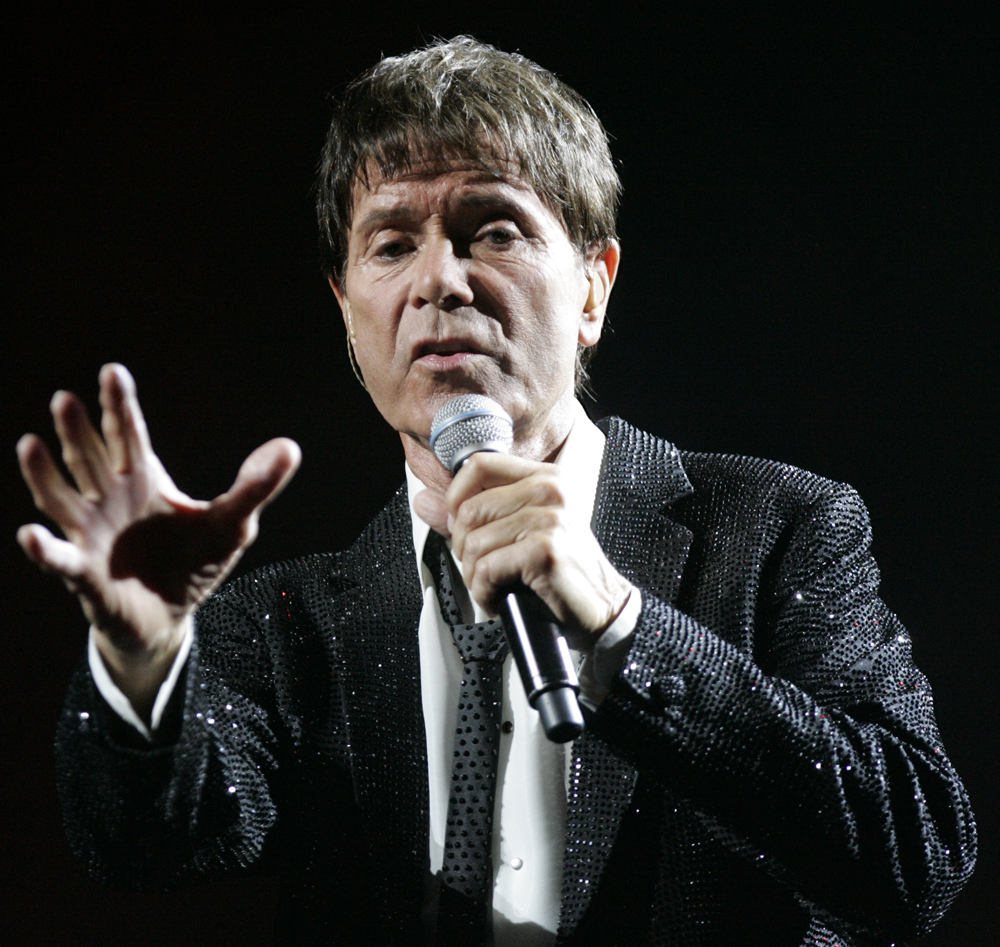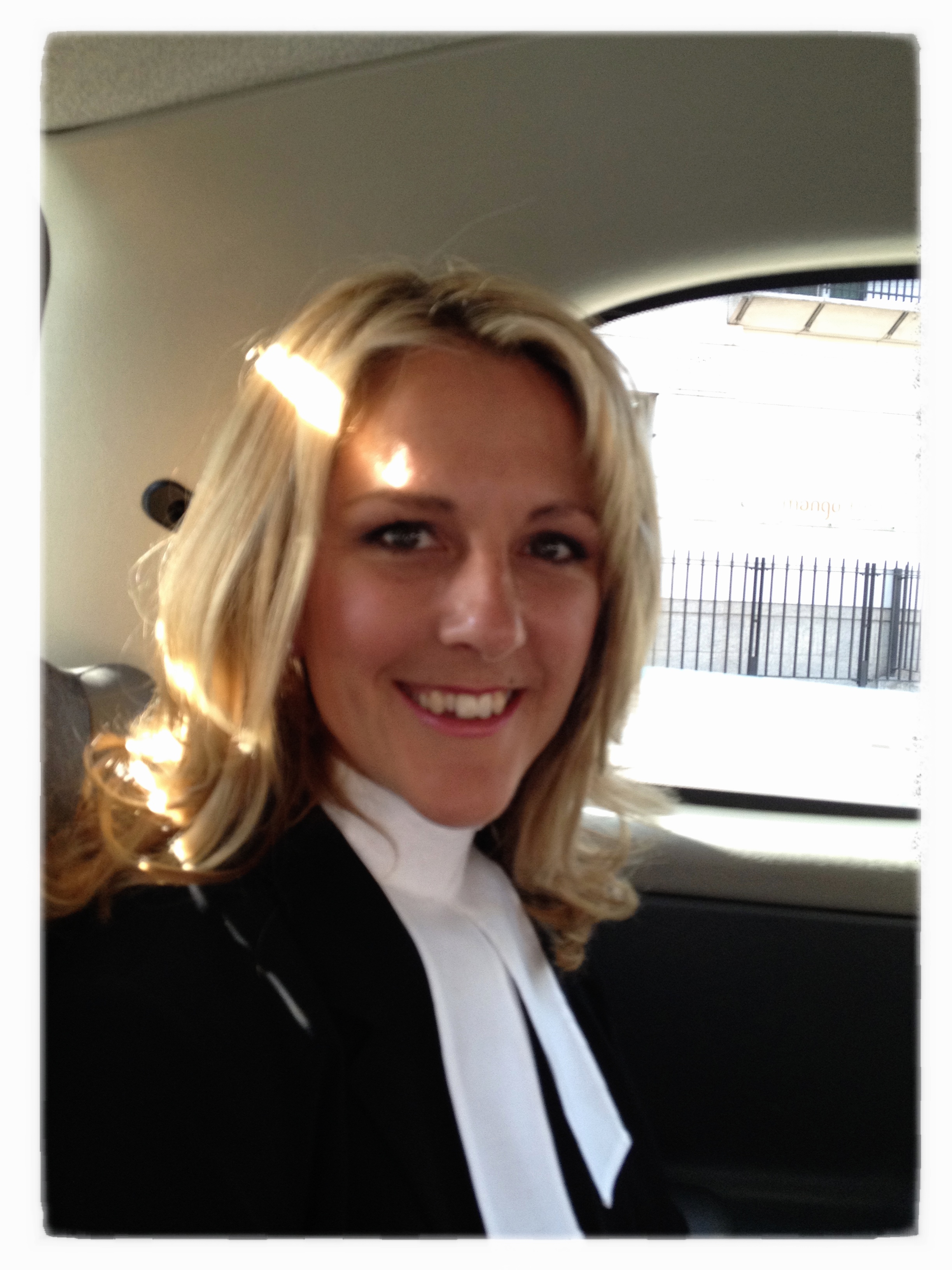The High Court has ruled that journalists’ right to protect their sources can be outweighed by the right to privacy, in a case involving pop singer and performer Cliff Richard.
In August 2014 South Yorkshire Police raided Sir Cliff Richard’s apartment. A confidential source had told a BBC journalist that Sir Cliff was being investigated in connection with an alleged sexual offence – an investigation which was subsequently dropped.
The journalist used this information to persuade South Yorkshire Police to tell him when the police were going to search Sir Cliff’s house. As a result, the BBC was able to broadcast the raid live on TV. Cliff Richard sued both the BBC and South Yorkshire Police, arguing that his right to privacy had been violated causing him “profound and lasting damage”.
The case is still being heard in full by the High Court (although it’s worth noting South Yorkshire Police recently settled with Sir Cliff). However, the court was asked to decide a key question around if the BBC should be forced to say if their source was linked to Operation Yewtree, the police team investigating sexual abuse allegations. Crucially, the BBC weren’t asked to identify the source in any other way. The BBC refused to answer the question saying it had a right to protect its confidential sources.
How do human rights protect journalists’ sources?
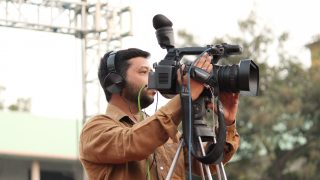
Press freedom is protected by the right to freedom of expression, specifically in Article 10 of the Human Rights Convention. The courts have previously said that the protection of confidential sources is a key aspect of press freedom. Without this protection “the vital public watchdog role of the press may be undermined”. Put simply, if confidentiality can’t be guaranteed, individuals with important information might be discouraged from talking to the press.
In this case Sir Cliff did not ask the BBC to name its confidential source. He only wanted information about the source — whether the person was connected to Operation Yewtree. The judge said that this request still engaged Article 10 because even providing general information could have a “chilling effect” on press freedom.
What about the right to privacy?
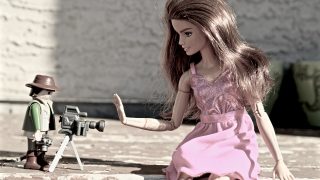
Despite its importance, Article 10 is a “qualified right”. In other words, it can be limited when it interferes with other rights. One justification for limiting freedom of expression is when it conflicts with the right to respect for family and private life, Article 8 of the Human Rights Convention. Article 8 basically embedded a right to privacy in UK law.
Cliff Richard claimed his Article 8 rights were violated when South Yorkshire Police gave details of the raid to the BBC journalist, leading to widespread publicity. Sir Cliff argued that the police were not allowed to name criminal suspects before they’re charged apart from in exceptional circumstances and that he therefore had a reasonable expectation that this information would remain private.
How did the court balance the competing human rights claims?
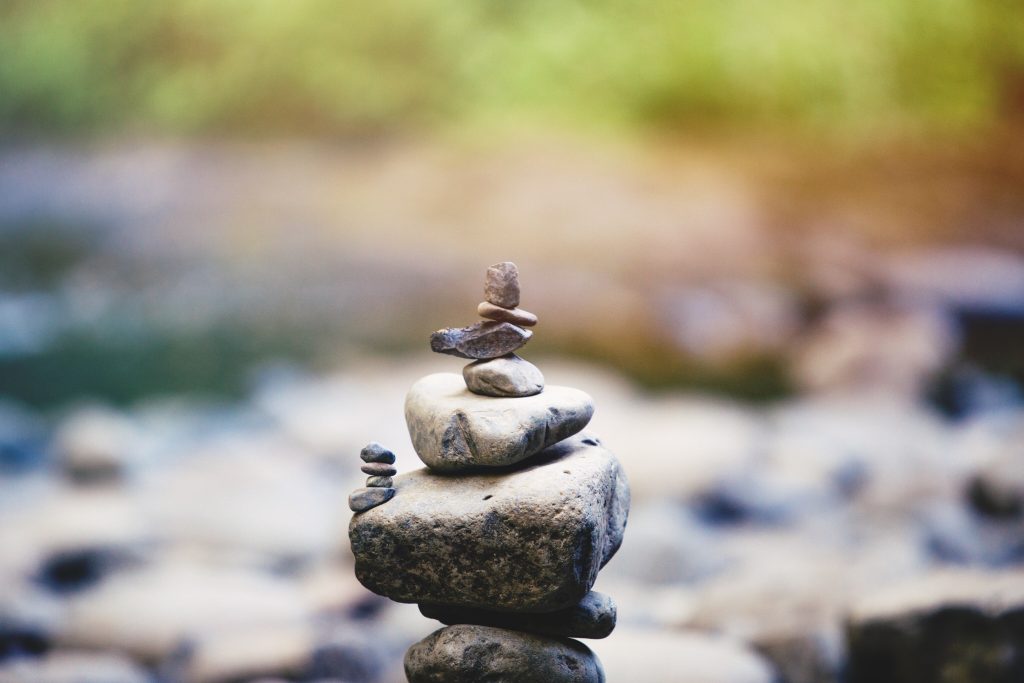
As ever when there is a conflict of rights, the court undertook a careful balancing exercise, taking into account the specific facts of the case.
The judge emphasised the importance of protecting the rights of journalists and upholding press freedom. However, he said that the weight given to the BBC’s Article 10 rights was reduced because:
- The potential chilling effect was less acute than in cases where the actual identity of a source might be revealed (and not just information about the source); and
- There had already been an investigation into whether someone from Operation Yewtree might have leaked the information. Protecting the BBC’s right not to answer Sir Cliff’s question was therefore a matter “of principle (which is still important) rather than [having] a practical effect”.
Overall, the judge concluded that “The rights and interests of Sir Cliff … [were] much more weighty”. So in this case Article 8 trumped Article 10. Congratulations, Sir Cliff.
Want to know more? Who doesn’t?
- See here for another recent case balancing Article 8 and Article 10
- Read our explainer on how human rights protect a free press
- Take a look at our post on the importance of the right to privacy
Subscribe to RightsInfo and follow us on Facebook and Twitter for more human rights news, views and information.
Cliff Richard image: Flickr/ Eva Rinaldi. Journalist image: Unsplash.com. Barbie doll image: Pixabay.com.

